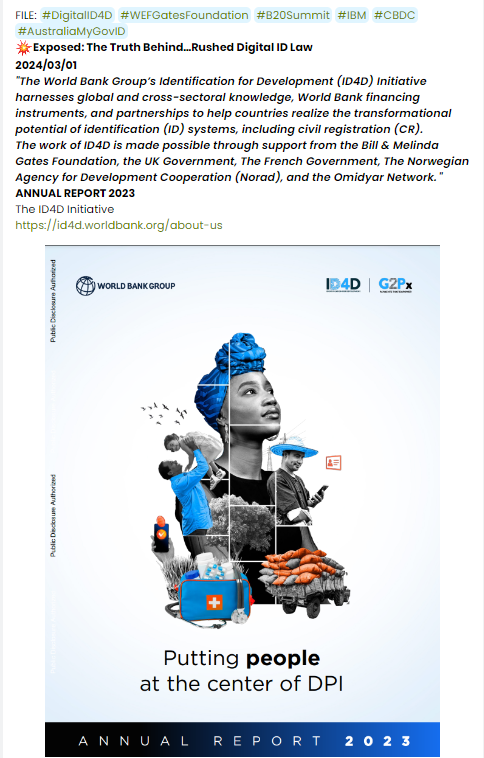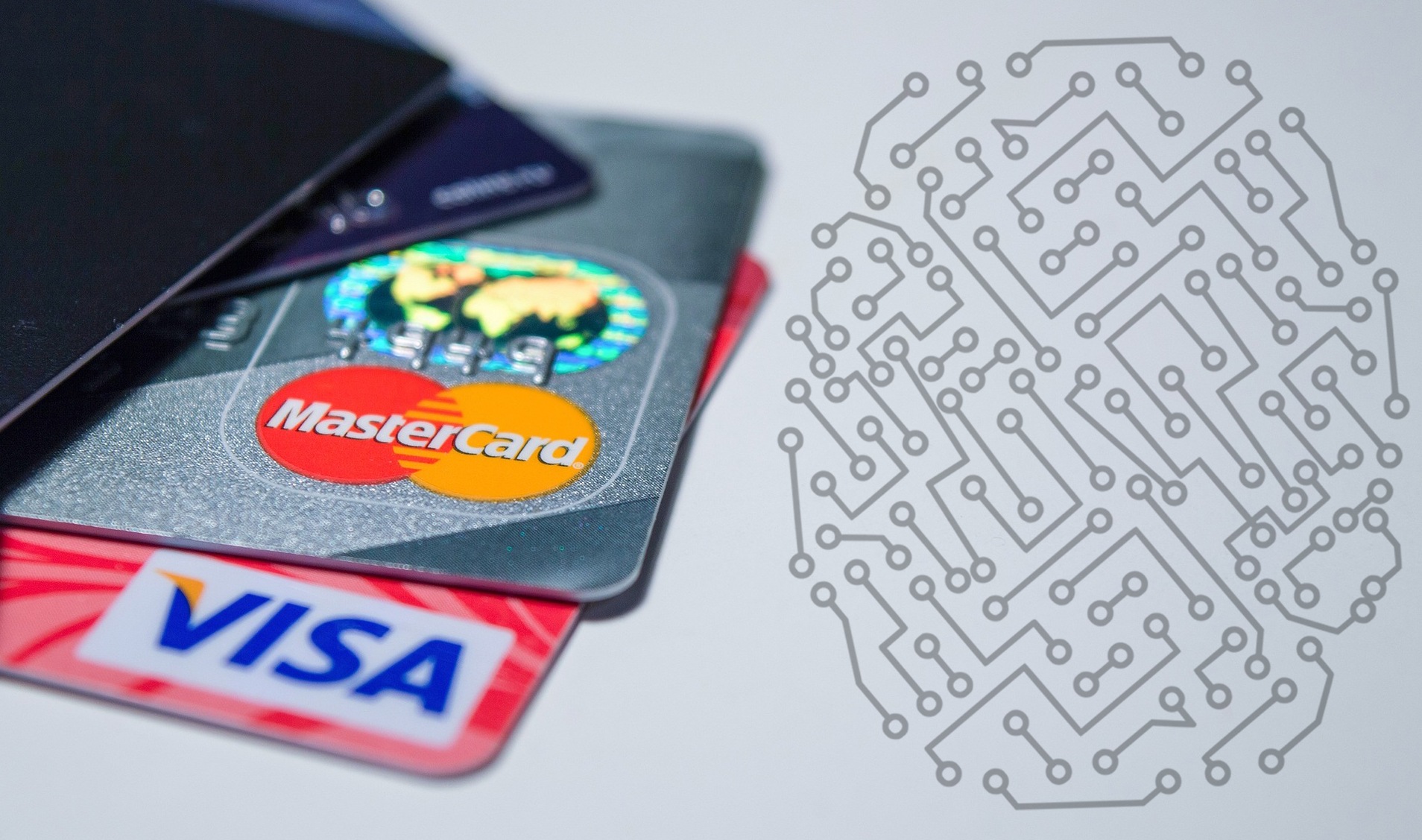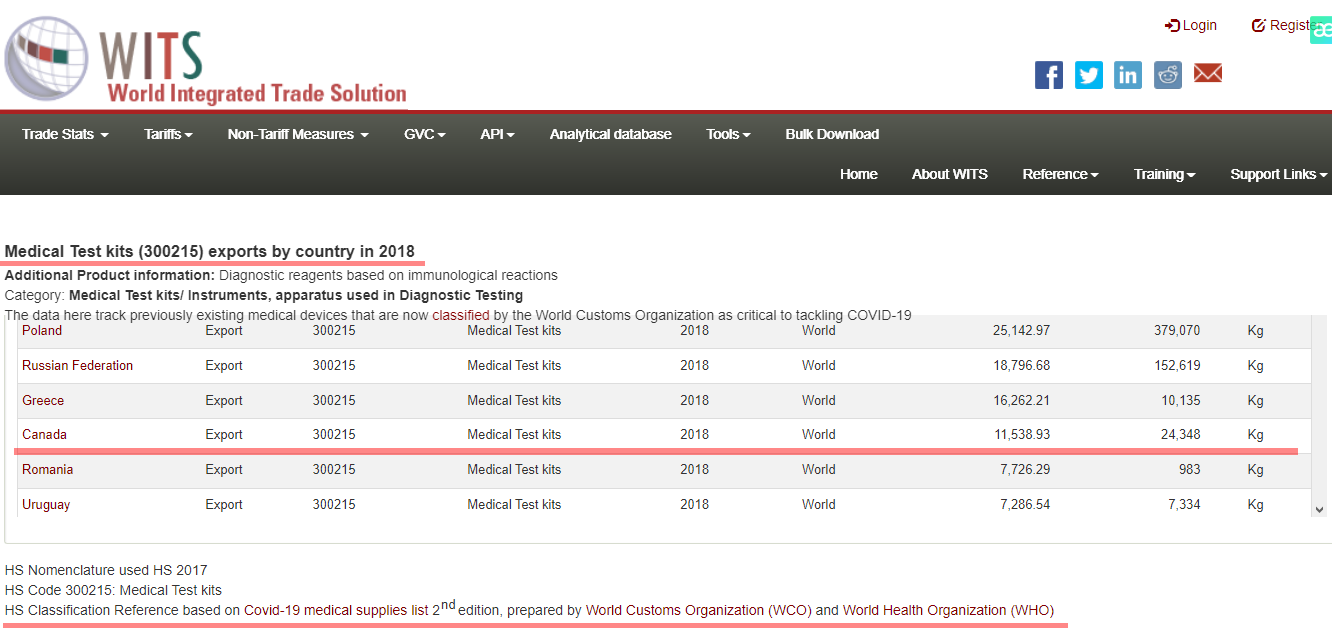Visa & Mastercard: The Real Threat To The Digital ID Control System - coreysdigs.com
By Corey Lynn and The Sharp Edge The question isn’t whether Visa and Mastercard are at the forefront of the Digital ID control system, the question is whether Visa, Mastercard and central banks will be able to pull it off without the implementation of central bank digital currencies (CBDCs). A “Digital ID” may sound convenient and harmless, but the intention behind it is far reaching – compiling and connecting data and biometrics while removing every form of privacy in order to control how one spends their money, achieves access to services, and ultimately takes control over all assets. This will have an impact on all areas of life, including education, healthcare, food, agriculture, transportation, real estate, and technology, which of course will all be controlled through the Digital ID connected to banks, and a person’s social credit score. This isn’t an imaginary scheme. These intentions are well documented by the Bank for International Settlements (BIS), central banks, the World Bank, financial institutions, credit card companies, and government. In simple terms, the Bank For International Settlements’ (BIS) blueprint proposes that all private property in the real world, such as money, houses, cars, etc., would be “tokenized” into digital assets within an “everything in one place” global unified ledger. Of course, smart contracts on a “programmable” platform with rules on how each asset can and cannot be used are the key ingredient. By using fear of cyber attacks on any single institution, big Gov and financial institutions want everyone to believe that consolidating all data and assets of a person’s life into tokens under a Digital ID will somehow protect them from attacks by having everything in one location. Though many are under the impression that the battle is against the ushering in of CBDCs, it would seem that all of the appropriate financial rails and interoperability are already in place, or darn close to it, to expand on the mountain of identity verification processes already dialed in, to initiate the all-in-one Digital Identity and lock those dominoes into place. This digital world they intend to manifest is being fashioned to look like a convenient and necessary way everyone must live, and as they build these “rails” of prison cells, consumers are sinking further into debt and relying more and more on credit cards. The Federal Reserve Bank of New York issued a report noting that credit card balances in Q4 of 2023 increased by $50 billion to a record high of $1.13 trillion, while also reporting a rise in delinquencies. The report states that credit card delinquencies increased over 50% in 2023. Total household debt also rose by $212 billion reaching $17.5 trillion in the fourth quarter of 2023, according to the report. Visa and Mastercard are at the forefront of this takeover and if they succeed, the monitoring, tracking, and control will be immeasurable and there will be no going back. Consumers need to think twice before using credit cards and use cash as often as possible, while state legislators need to get on board with implementing creative legislation with independent systems that not only provide protection for the citizens of their state, but build strong financial freedom with the ability to operate utilizing cash, precious metals, and unique structures as pointed out in this article. “I get why China would be interested. Why would the American people be for that?” – Neel Kashkari, President of the Minneapolis Federal Reserve, ‘The Threat of Financial Transaction Control,’ the Solari Report, February 24, 2024. Brief History on Visa & Mastercard Visa The first major credit cards emerged from the 50s to mid-60s. Bank of America issued the first consumer credit card with revolving credit in California in 1958, expanding their network through licensing agreements with banks throughout the nation by 1966. The network spread out internationally by 1974, prompting a rebranding in 1976 of the BankAmericard to Visa, an internationally recognized term that conveys universal acceptance. By 2007, several regional Visa businesses from around the globe merged to form Visa Inc., and the following year, on March 18, 2008, the corporation went public. Visa’s initial public offering (IPO) sold 406 million shares at $44 per share totaling $17.9 billion, one of the largest in U.S. history. Then on March 20, 2008, the underwriters of the IPO, which included JPMorgan, Goldman Sachs, Bank of America, Citi, HSBC, Merrill Lynch, UBS Investment Bank and Wachovia Securities, exercised their over-allotment option by purchasing an added 40.6 million shares, raising the overall IPO shares to 446.6 million for a total of $19.1 billion. Their Board of Directors includes current and former CEOs, CFOs, and COOs of Carney Global Ventures, Rite Aid Corporation, PepsiCo, Gap, Stanley Black & Decker, Visa, and The Clorox Company. Over the decades, Visa has faced a myriad of legal actions and disputes concerning anticompetitive practices and high fees. As recently as 2019, a settlement of $5.5 billion was reached in a class-action lawsuit by merchants alleging that Visa and Mastercard engaged in price-fixing practices with regards to swipe fees charged to merchants and the credit card networks unfairly interfered when merchants encouraged less expensive forms of payment such as cash or checks. Additionally, the Department of Justice launched an antitrust probe against Visa in March of 2021. The investigation has remained ongoing according to Visa’s SEC filing in mid-2023. Mastercard Competitors to Visa arose in 1966 to form the Interbank Card Association (ICA), which later became Mastercard International. The original bank members were United California Bank, Wells Fargo, Crocker National Bank and Bank of California. The group introduced the Master Charge card which ultimately became known as Mastercard in 1979. The ICA expanded their network globally, merging with Europay International in 2002 and then converting from a membership association into a private share corporation in preparation for their initial public offering that commenced in 2006. The IPO of 61.5 million shares, priced at $39 per share, raised $2.4 billion. Goldman Sachs coordinated a group of four joint book-runners that included Citigroup, HSBC, and JPMorgan. Co-managing underwriters included Bear Stearns, Cowen and Company, Deutsche Bank, Harris Nesbitt, KeyBanc Capital Markets, and Santander Investment. Their Board of Directors is made up of current and former CEOs as well as other high level positions from US Bancorp, The Carlyle Group, Mastercard, Verizon, Goldman Sachs, and BeyondNetZero. Similar to Visa, Mastercard has been plagued by a number of scandals and legal actions over the years. A 2018 report noted that Mastercard brokered a secret multimillion dollar deal with Google to share credit card data for targeted advertising purposes. Then in 2019, as mentioned above, Mastercard and Visa settled a class-action suit worth $5.5 billion for anticompetitive practices. Furthermore, an SEC filing disclosed that, like Visa, the Department of Justice Antitrust Division initiated an investigation into Mastercard in March of 2023. Visa & Mastercard Play an Integral Role in Digital IDs & CBDCs Visa Mastercard World Bank President Ajay Banga speaking about the need for governments to create digital identities for their citizens (22 min in), at the 2024 World Bank’s Global Digital Summit on March 5th. Are CBDCs Necessary to Lock in The Digital ID Control System? Are Visa and Mastercard a driving force for the Digital ID control system? Absolutely, as evidenced above! Are CBDCs necessary in whole or in part for this control system to lock in place or are bank and credit card structures in an all digital system enough to pull this off? That’s the real question. According to the Bank for International Settlements (the bank for the central banks) and the World Bank, it seems plausible and they’ve already made great strides. Before delving into those facts, a visual diagram of how choices and access to food could be prohibited under the Digital ID “smart contracts” scheme, may shine a light on how these “helpful tools” would operate in all industry sectors. Below is a snapshot of Illinois’ plans for digital currency, Digital ID, entitlements, smart contracts, and “healthy eating tokens.” They have several other charts in their strategy document, including drones and other fun stuff. Notice that in this diagram below, when the welfare applicant uses their Digital ID in conjunction with their benefit wallet at a grocery store, the smart contract processes the order while the healthy eating token disallowed a burger from being purchased. Now let your imagination run wild. One thing people need to realize is that they already have everyone’s data, it’s just a matter of merging it into a single ID that routes to a unified ledger that is integrated with other ledgers so that they all communicate the rules and regulations to one another, giving people an undesired outcome. In this 2022 Bank for International Settlements (BIS) report they make a very significant statement on page 13 regarding whether a system could be carried out without the use of CBDCs: “It needs to be noted that many of these features can, in isolation, be offered by other payment innovations, and many gaps could be addressed through regulation and sound oversight arrangements.” CBDCs may not be necessary because “combining different payment innovations such as open application programming interfaces (APIs), fast payment services, contactless chips and QR codes could achieve many of the same goals.” They go on to state, “This is particularly true when accompanied by robust regulatory and oversight arrangements that public authorities can use to catalyse private sector players, enforce sound governance arrangements and foster required coordination and collaboration.” They sum it up with this: “What is truly different about CBDC is that it is a direct claim on the central bank. It is an open question for central banks whether CBDCs or other policy interventions are the best fit for their jurisdiction.” In a 2021 World Bank report, they state that a “CBDC network and a fast payments network do not necessarily have to compete. One potential option in this space would be using a CBDC as a settlement currency for a fast payment system. This may be particularly attractive in a cross-border context, where settlement risk is high today due to slow and inefficient processes for cross-border payments.” Currently, over 60 countries have a “fast payment system” (FPS) in place, and several others have announced their plans to go live. According to the World Bank, “the basic principle among all the countries remains the same — that is, to provide a real-time, 24/7 fund-transfer facility.” The progress and specifics of the FPS systems in each country can be tracked on the World Bank’s global tracker. In an August 22, 2023 report on BIS’ site titled ‘Financial stability risks from cryptoassets in emerging market economies‘, BIS concluded that “Authorities face a number of policy options to address risks in crypto assets, ranging from outright bans to containment to regulation.” Also covered in this report, they state “Recently, the industry has been giving more thought to how this technology could be integrated with Fast Payments. For example, some players in the industry believe that connecting the latter to existing distributed ledgers would facilitate programmable Fast Payments.” This is where the QR codes come into play. If this technology can be programmable, that means central banks can control what you buy, not to mention governments. This was covered in depth in the book titled The Global Landscape on Vaccine ID Passports, by Corey Lynn. The BIS Innovation Hub is in its fourth year, with five concluded projects and 21 in the works, with 15 of the 26 projects focused on CBDCs. One particular project called Nexus focuses on cross-border payments with the ability to connect all of the Fast Payment Systems so countries can add the Nexus gateway. They ran a 12-month proof of concept between the Eurosystem, Malaysia and Singapore to show how Nexus can accelerate the growth of instant cross-border payments. In their 2023 report they stated that this “opens the door to other alternative payments infrastructure, such as CBDCs, to connect to Nexus.” This was followed up with a report on...









